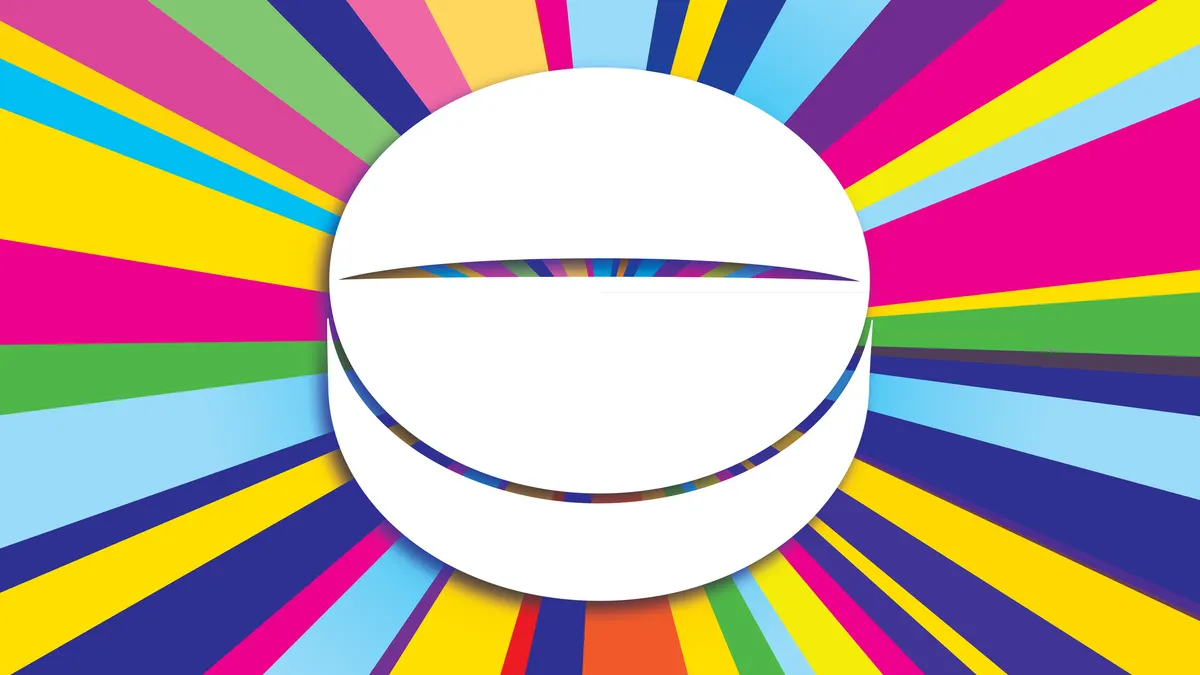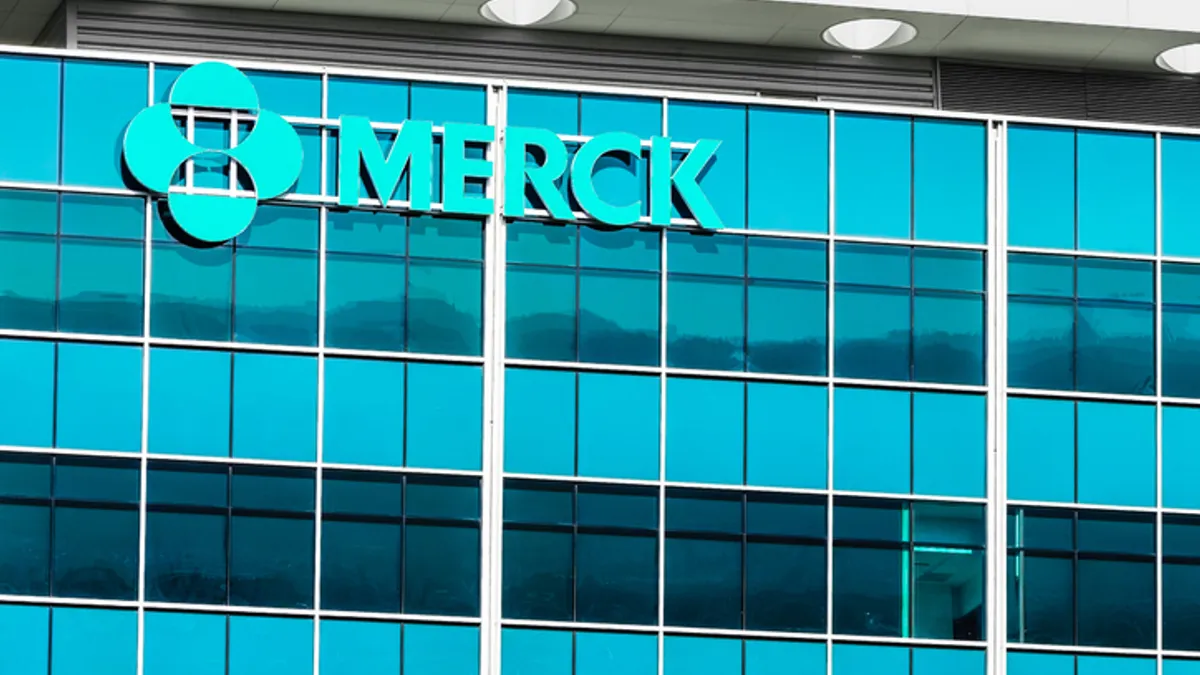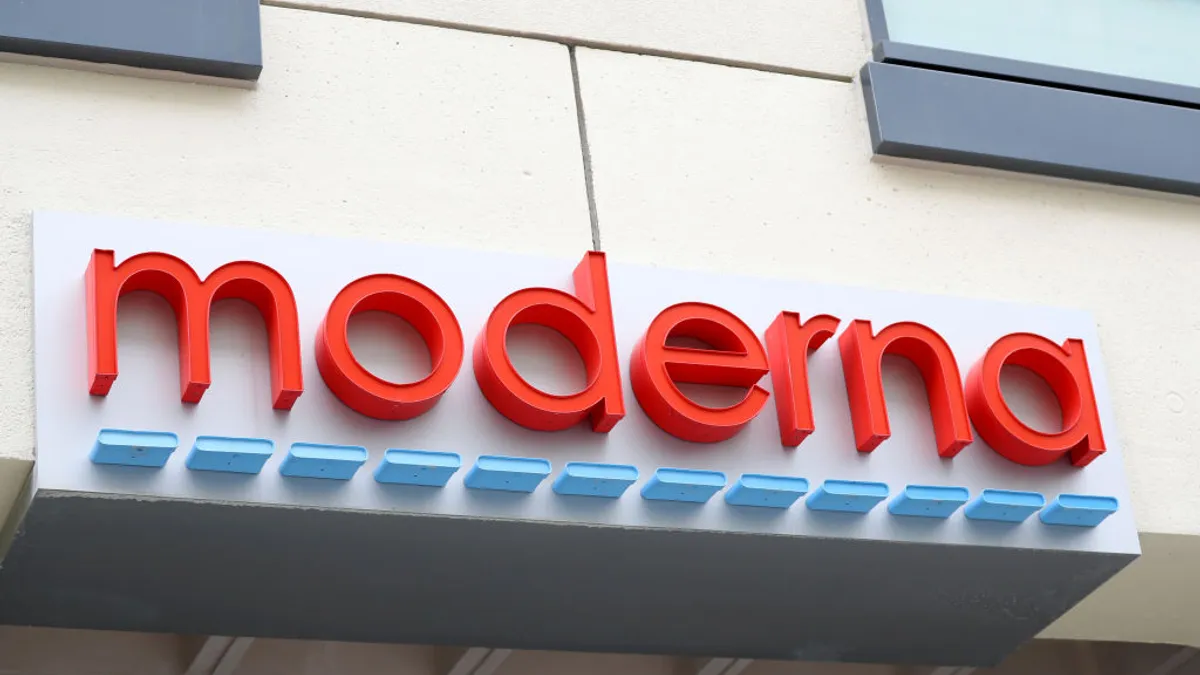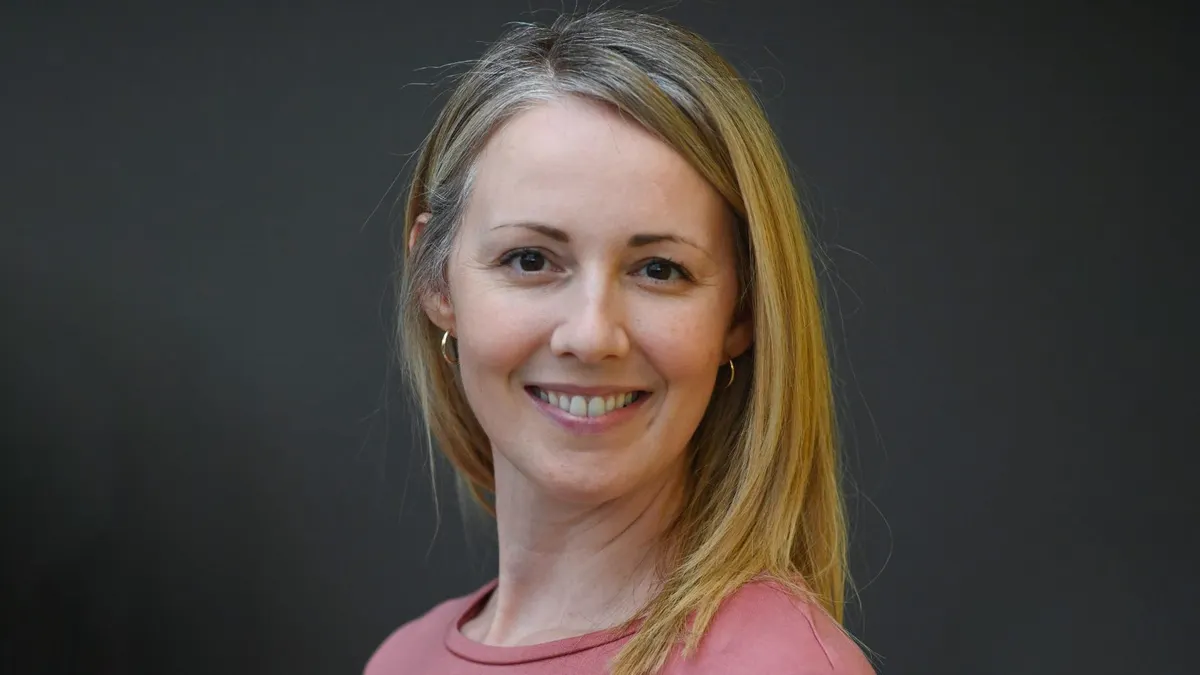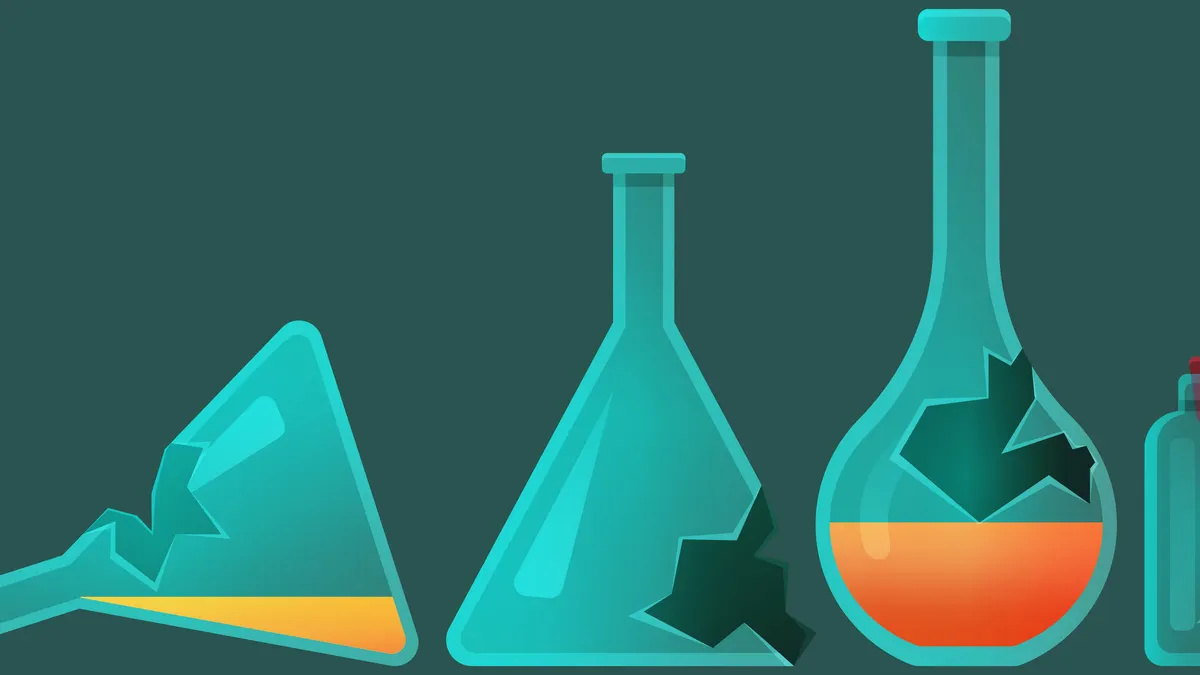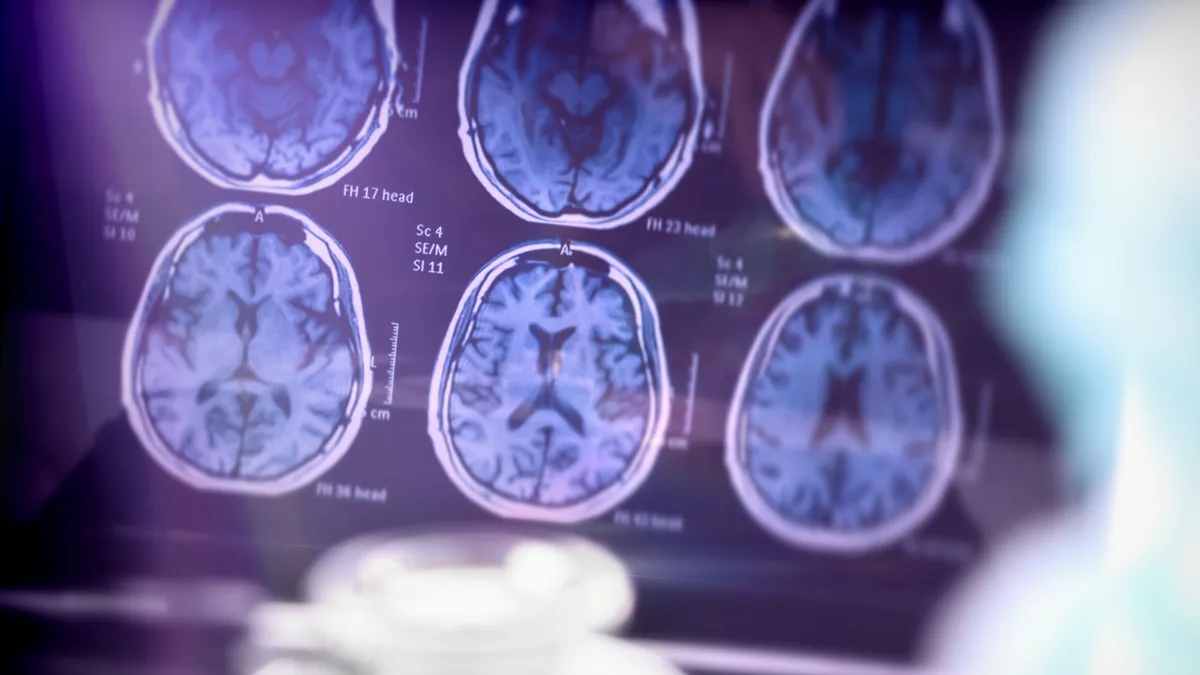The psychedelics drug development arena has promised a breakthrough for a number of mental health conditions, but so far, has yet to deliver.
Lykos Therapeutics notched a high-profile failure last year when the FDA rejected its MDMA drug for PTSD, citing clinical trial design and other issues. And while Compass Pathways announced this year that a phase 3 trial for its psilocybin-based depression treatment hit its primary endpoint, the company continues to analyze the study’s full results.
Meanwhile, another leading horse in the psychedelics race is barreling towards the finish line with a treatment based on a different notorious recreational drug — LSD.

MindMed is inching closer to regulatory review with its pharmaceutically optimized formulation of LSD, and recently publishing positive phase mid-stage results in JAMA after nabbing a breakthrough therapy designation from the FDA for generalized anxiety disorder.
The condition, which affects 26 million U.S. adults and hasn’t seen a new approved drug in almost 20 years, remains a huge area of unmet need, especially because first-line drugs fail half of patients, said Daniel Karlin, MindMed’s chief medical officer. The company is hopeful its candidate could turn that tide.
MindMed’s phase 2b study for MM120 included 198 adults with moderate-to-severe GAD and was a randomized, placebo-controlled trial to evaluate a single treatment across four dose levels. After researchers landed on the optimal dose, patients experienced rapid improvement versus placebo according to the Hamilton Anxiety Rating Scale. That improvement persisted, as well.
“At week 12, the improvement from baseline was almost 22 points on the HAM-A, which was 7.7 points better than placebo,” Karlin said. “After a single dose with 100 micrograms, 48% of participants were in remission from their GAD.”
In addition, 65% of participants had a greater than 50% improvement in their symptoms that persisted to week 12.
MindMed is also studying MM120 for major depressive disorder, as well as MM402, an altered version of the drug MDMA, for autism spectrum disorder.
But translating those results into a regulatory win will mean learning from recent setbacks in the psychedelics space.
A ‘positive signal’
Despite Lykos’ ultimate failure with its own MDMA-based drug, the reasons behind that rejection were actually “a positive signal” for MindMed, Karlin said.
“Everything FDA said they needed to see from Lykos are things we baked into our program from the outset,” he said. “So in a weird way, the Lykos difficulties have been nothing but validation for how we’re doing what we’re trying to do.”
The FDA rejected the drug candidate for several reasons, including concerns about recreational abuse, Lykos’ failure to collect FDA-requested data, and alleged sexual misconduct during clinical trials.
However, a major sticking point for the FDA was also the problem of “functional unblinding,” which is when patients and investigators can tell who received an investigational therapy versus placebo. To avoid this, the FDA recommends that psychedelic clinical trials include sub-therapeutic doses, which is the route MindMed took.
Patients on MM120 also showed improvement without any form of additional therapeutic intervention, which is different from the approach Lykos used. Lykos was seeking approval for MDMA combined with psychotherapy, which made it hard to distinguish the effects of the drug alone .
That trial design “provided real interpretability difficulties for the data for FDA, and that's what led FDA to say that they needed to see another study that was conducted with greater adherence to standard drug development processes and procedures,” Karlin said. “We, from the outset, have done that.”
What’s next
Since the conclusion of the phase 2b trial, Karlin said the company has been conducting toxicology studies to enable its NDA.
“But probably most significantly, we've started three phase 3 studies for MM120. Two of those phase 3 studies are in GAD, and one of the phase 3 studies is an MDD,” he said.
The company plans to advance its GAD application first and later expand into MDD. The GAD studies are set to produce topline readouts in the first and second half of 2026. Results in MDD could come in the second half of 2026 as well.
“We're very quickly moving toward confirmatory phase 3 data that would ultimately enable a submission to FDA for potential approval,” Karlin said.
Although LSD will always carry with it a “cultural baggage,” MM120’s pure, dose-controlled, oral disintegrating tablet “enables very predictable absorption and onset of effects,” he said.
Working closely with the FDA has also helped mitigate the challenges that have plagued other psychedelic drug developers.
“As we've moved through our development program, we've found an agency that is eager to meet with us and to try to come to alignment on key aspects of [our] study design and development program,” Karlin said.


